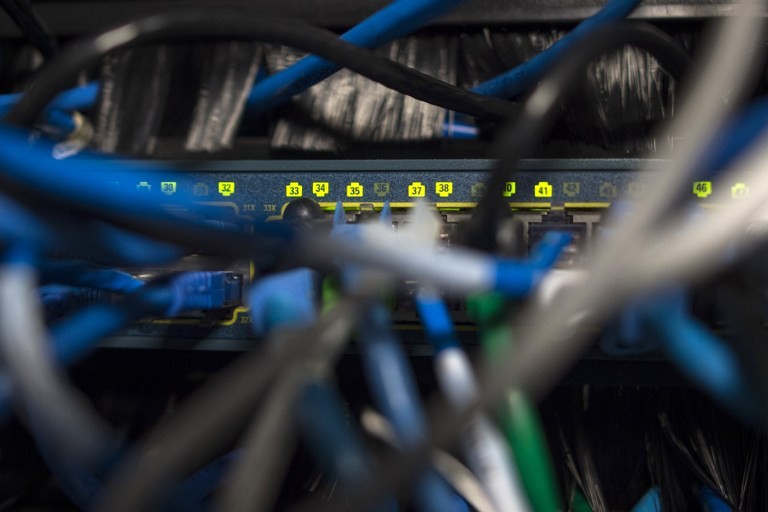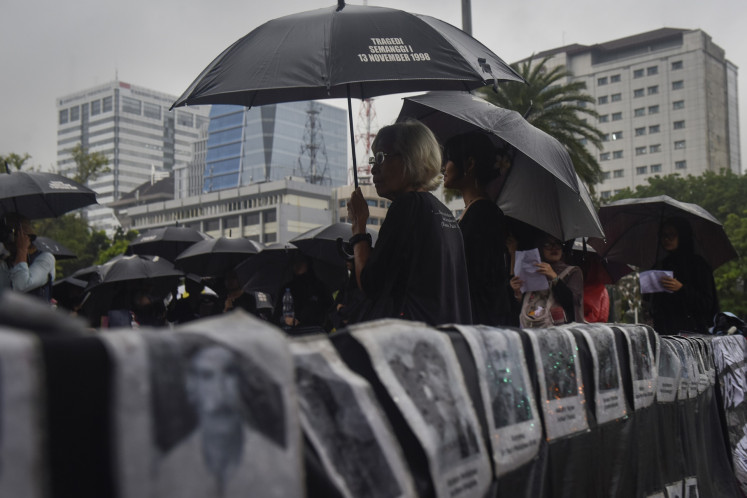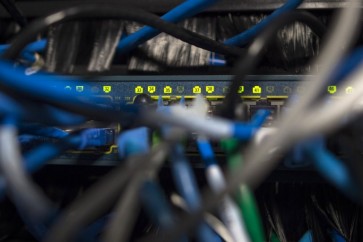Popular Reads
Top Results
Can't find what you're looking for?
View all search resultsPopular Reads
Top Results
Can't find what you're looking for?
View all search resultsTechnology alone cannot prevent security breaches
Security needs to be embedded as part of the day-to-day running of the business to ensure it stays front-of-mind and becomes ingrained in core business processes.
Change text size
Gift Premium Articles
to Anyone
W
ith the recent ransomware attack leaving several corporations, public institutions and organizations across the globe feeling the need to shed a tear, the issue of cybersecurity has come under scrutiny once again. The Asia Pacific, home to scores of established and up and coming businesses, has become particularly vulnerable to threats from cyberspace.
In Indonesia, the ransomware attack, also known as “WannaCry”, struck two hospitals in Jakarta, locking up the information technology (IT) system including important data such as patients’ health records and billing information.
In a business environment where firms are facing such heightened levels of security breaches, organizations are investing in more sophisticated and robust infrastructure to protect their data, assets and reputation. Yet, the effectiveness of these solutions is increasingly dependent on one often overlooked business commodity — employees.
With the rise in BYOD (bring you own device) and flexible working practices, employees are often the biggest threat to safeguarding a company’s data and Internet Protocol (IP) against cyber criminals. Staff negligence and indifference to IT policy is one of the most significant inhibitors to cloud security, as noted in Business Cloud News last year.


















